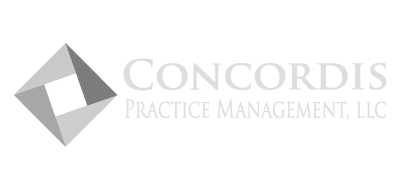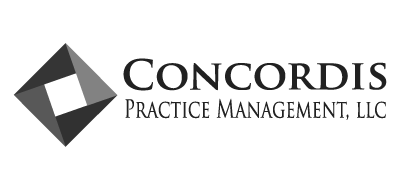
5 Ways To Avoid Burnout As A Medical Practice Manager
We have all read articles or attended conferences where the topic is physician burnout, but what about Medical Practice Manager burnout? What happens to the medical practice when their administrative leader is not as effective as he or she once was because they are ready to throw in the towel?
Our staff depends on us to be on our “A” game all the time. When we aren’t, the practice suffers. Here are some tips to prevent burnout… or at least slow it down.
WHAT IS BURNOUT
Burnout is characterized by a loss of enthusiasm for work, feelings of cynicism and low sense of personal accomplishment. We are well aware that professional burnout is a common adversary as a Medical Practice Manager, Administrator, CEO or Executive Director. Long hours, mounting pressure to accommodate patients and staff, conflict between career and family, increased government policy, reprioritizing of workload and non-patient centered duties are all contributing factors.
The medical practice is an incredibly rewarding career decision and is viewed as a labor of love by administration, physicians and staff. When fatigue sets in due to tremendous physical and emotional demands, the practice can begin to feel more and more laborious.
To prevent or recover from burnout, integrate our five recommended steps below. It is critical to take time for self-reflection; to identify what’s important and live in a way that reflects it.
PREVENTION
1. Delegate Duties
Delegate the appropriate duties to the staff members responsible for those tasks. Your staff should be able to work autonomously, but also respond well and quickly when assigned a responsibility.
2. Depend on Medical Management
Streamline and overcome operational challenges so that your practice can focus on the patient / practitioner relationship. Concordis offers medical billing, medical coding and healthcare consulting to assist your practice. This outsourcing can greatly decrease stress levels in association with the day-to-day difficulties of running a practice.
3. Relax and Rejuvenate
Spend a few minutes each morning meditating, stretching or reading. During your downtime, also be sure to nurture your inventive inclinations with a hobby that encourages creative thinking. The change of pace is unquestionably refreshing.
4. Healthy Living
Incorporate healthy sleeping, exercise and eating habits into your everyday routine. Improving these facets of life with help to increase energy and decrease irritability. Promote healthy living at your office as well. Learn when to say “no” when it comes to overextending yourself. Late nights, early mornings and less time with family and friends will increase physical, spiritual and emotional exhaustion.
5. Rediscover The Joy Of Practice Management
Reconnect with why you got into the medical practice management field to begin with. Hold onto moments when you are connecting with your staff and patients – tell your spouse about these moments and revel in them. Try to achieve that feeling at least once a day.
The challenges in the medical field are many, but Concordis Practice Management is dedicated to helping medial practices overcome operational challenges. Concordis wants to be a resource medical practice managers can call on for help when it is needed and help the practice manager maintain a better quality of life.
Contact Us
Sources
http://www.healthcarefinancenews.com/news/7-tips-preventing-staff-burnout-healthcare
http://www.helpguide.org/articles/stress/stress-management.htm
http://www.amednews.com/article/20130610/business/130619992/5/
http://www.physicianspractice.com/staff/what-level-stress-your-medical-practice





No Comments